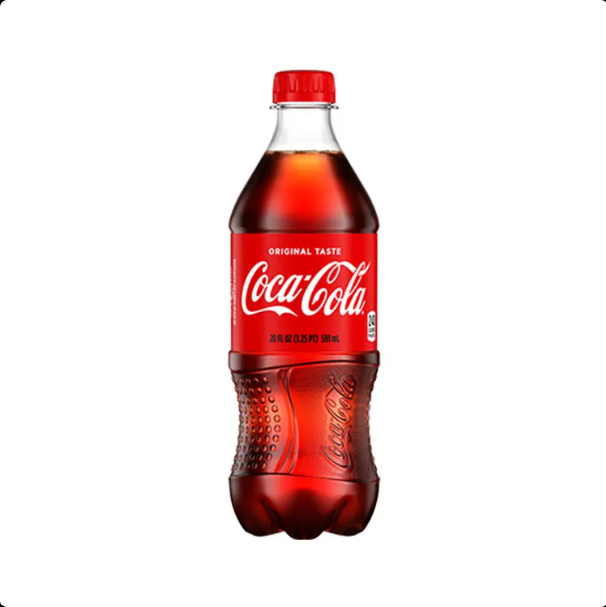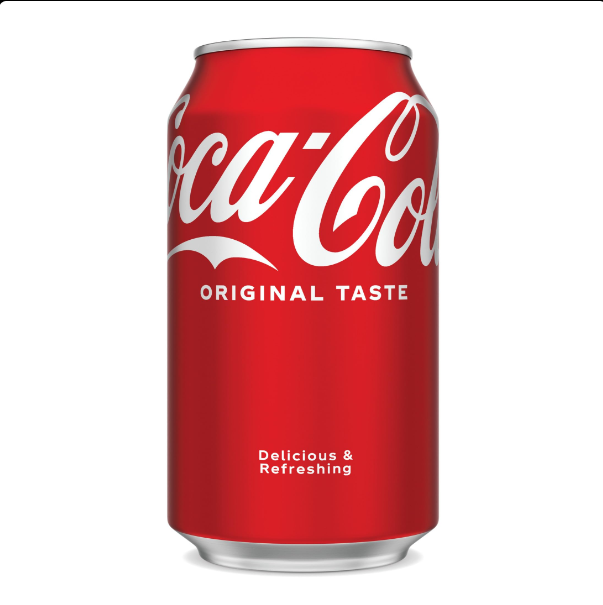Coca Cola: The Iconic Beverage That Changed the World
Coca Cola, often simply referred to as Coke, is more than just a soft drink; it is a global phenomenon that has shaped the beverage industry and popular culture since its inception. Founded in 1892, The Coca Cola Company
has grown into one of the largest and most recognizable brands in the world, selling over 1.8 billion servings of its products every day across more than 200 countries. This article delves into the history, impact, and future of Coca Cola, examining how it has become a staple in households worldwide.


The Origins of Coca Cola
The story of Coca Cola begins in 1886 when John Stith Pemberton, a pharmacist in Atlanta, Georgia, developed the original formula. Initially marketed as a medicinal tonic to relieve headaches and fatigue,
Coca-Cola was created using coca leaves and kola nuts, which provided caffeine. Pemberton’s creation was first sold at Jacob’s Pharmacy for five cents a glass. The drink quickly gained popularity, leading Pemberton to sell the rights to his formula to Asa Griggs Candler in 1888.
Candler’s innovative marketing strategies transformed Coca Cola from a local beverage into a national sensation. He was one of the first businessmen to use merchandising effectively, creating advertisements that emphasized the drink’s refreshing qualities. By the late 1890s, Coca Cola was being sold across the United States, and its iconic red and white branding began to take shape.
The Rise of a Global Brand
Throughout the 20th century, Coca Cola expanded its reach internationally. The company adapted its marketing strategies to cater to diverse cultures while maintaining its core brand identity.
For instance, during World War II, Coca Cola established bottling plants near military bases to ensure that soldiers could enjoy their favourite beverage while stationed abroad.
This move not only boosted morale among troops but also introduced Coca Cola to new markets. In 1985, Coca Cola faced one of its most significant challenges with the introduction of “New Coke.”
The reformulated drink was met with public backlash due to consumer nostalgia for the original flavour. The company quickly reverted to its classic formula under the name “Coca Cola Classic,” demonstrating its commitment to customer preferences.


Marketing Innovations
Coca-Cola’s marketing campaigns have played a crucial role in establishing its brand identity. From iconic slogans like “Open Happiness” to memorable advertisements featuring polar bears and Santa Claus, Coca-Cola has consistently connected with consumers on an emotional level.
The company has also embraced digital marketing and social media platforms to engage younger audiences and promote new products. One notable campaign is the “Share a Coke” initiative, launched in 2011.
This campaign involved replacing the Coca-Cola logo on bottles with popular names and phrases, encouraging customers to find bottles with their names or those of friends and family. This personalized approach resonated with consumers and resulted in increased sales and brand loyalty.


Sustainability Efforts
As a major player in the beverage industry, Coca-Cola recognizes its responsibility toward sustainability and environmental stewardship.
The company has implemented various initiatives aimed at reducing its carbon footprint and promoting responsible water usage. For example:
- Water Stewardship: Coca-Cola aims to replenish all water used in its beverages back to communities and nature by investing in water conservation projects.
- Recycling Initiatives: The company has committed to using 50% recycled content in its PET plastic bottles by 2030.
- Sustainable Packaging: Coca-Cola is exploring innovative packaging solutions that minimize environmental impact while maintaining product quality.
These efforts reflect Coca-Cola’s commitment to sustainability and addressing consumer concerns about environmental issues.
Challenges Ahead
Despite its success, Coca-Cola faces several challenges in today’s competitive beverage market. Health-conscious consumers are increasingly turning away from sugary drinks due to rising obesity rates and health concerns.
In response, Coca-Cola has diversified its product offerings by introducing low-sugar and zero-calorie alternatives such as Diet Coke and Coca-Cola Zero Sugar.
Moreover, competition from other beverage companies and local brands poses a threat to Coca-Cola’s market share. To stay relevant, the company must continue innovating while adapting to changing consumer preferences.
Conclusion
Coca-Cola is more than just a beverage; it is an integral part of global culture that has evolved over more than a century. From its humble beginnings as a medicinal tonic to becoming one of the most recognized brands worldwide, Coca-Cola‘s journey reflects innovation, resilience, and adaptability. As it navigates the challenges of modern consumerism and sustainability, Coca-Cola will undoubtedly continue to play a significant role in shaping the beverage industry for years to come.